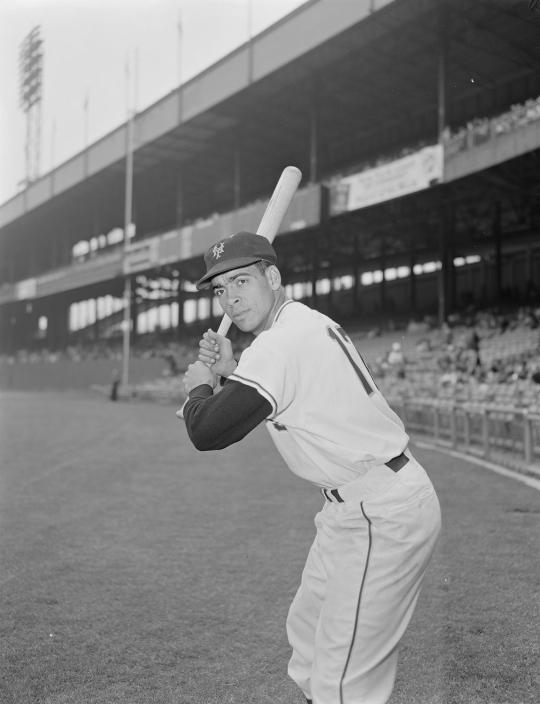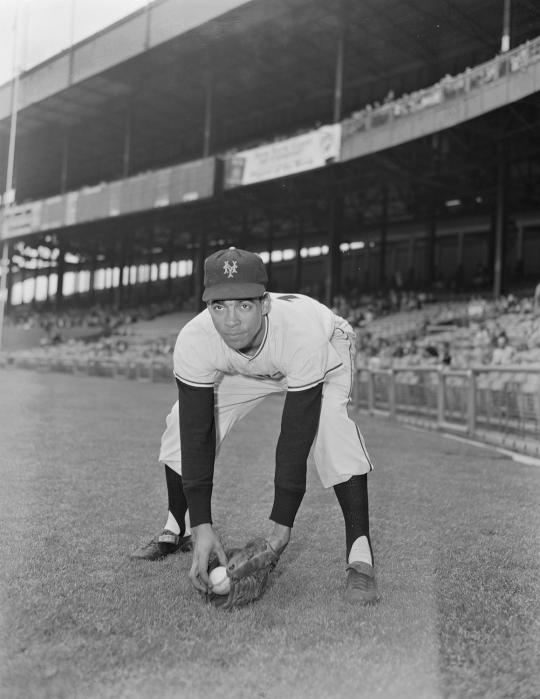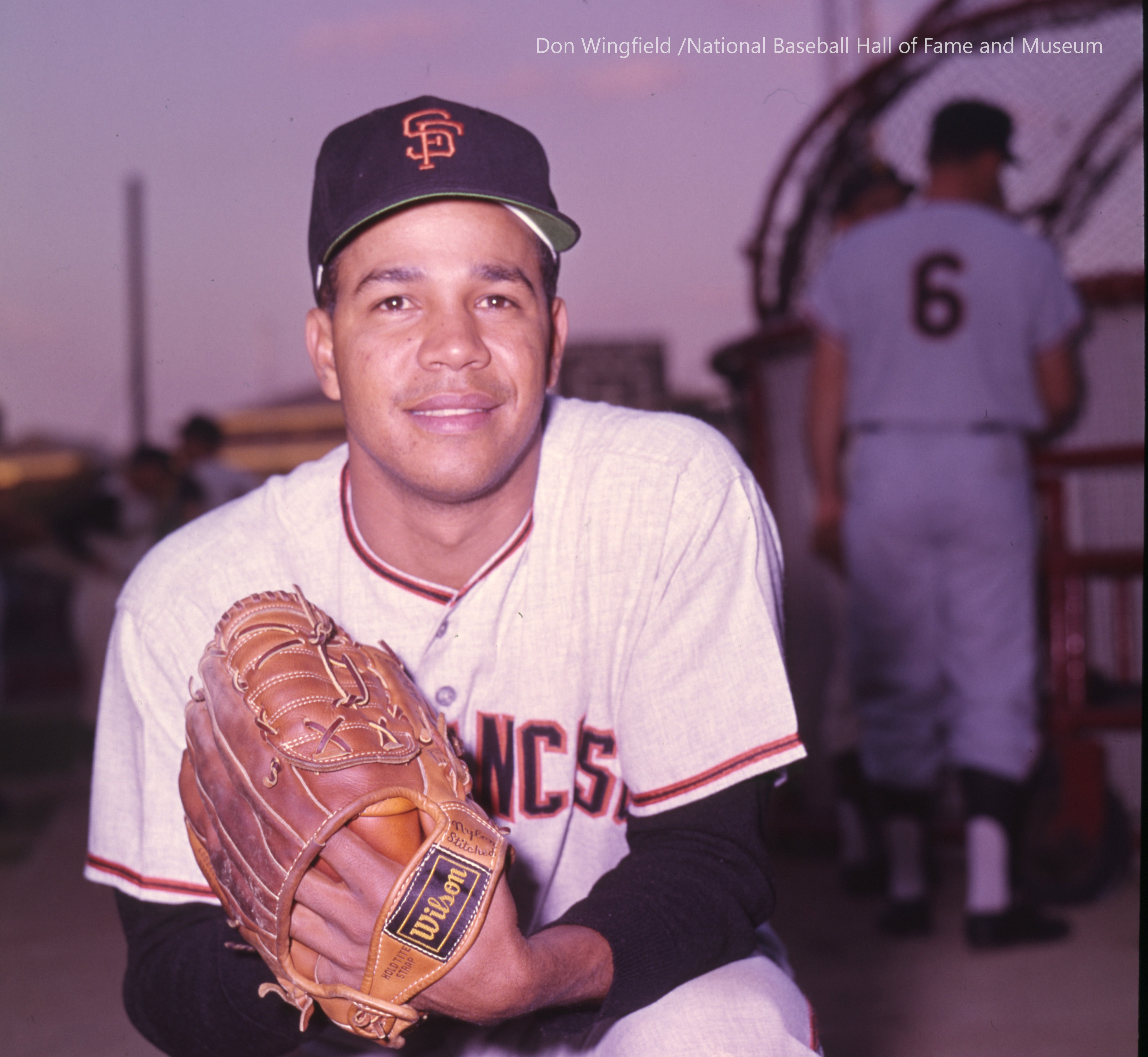- Home
- Our Stories
- Virgil paved the way for Dominican stars of today
Virgil paved the way for Dominican stars of today
Of all the legends in baseball history, very few can say they changed the landscape of the game. But after Ozzie Virgil Sr. debuted for the New York Giants on Sept. 23, 1956, baseball moved into a different era.
Virgil, born in Monte Cristi of the Dominican Republic, became the first native Dominican to play in an AL or NL game on that day. He set the stage for a wave of stars that followed, including Hall of Famers Juan Marichal and Pedro Martínez. In fact, baseball is now such a huge industry in the Dominican that Virgil’s impact on the economy of his homeland is probably incalculable.
Virgil, who immigrated with his family to the United States at the age of 13 and grew up in the Bronx, signed with the Giants prior to the 1953 season after serving in the Marines. A natural third baseman who became a valuable utility player for the Giants, Tigers, Athletics, Orioles and Pirates over nine seasons, Virgil even taught himself how to catch to make himself more valuable.
Hall of Fame Membership
There is no simpler, and more essential, way to demonstrate your support than to sign on as a Museum Member.
After 324 games in the majors, Virgil’s playing career came to an end in 1969. But his days in uniform where just getting started.
Starting in 1969, Virgil became a member of the Giants’ coaching staff. He moved on to the Expos in 1976, and quickly formed a bond with new Montreal manager Dick Williams the following year. From 1977-88 with the Expos, Padres and Mariners, Virgil served as Williams’ third base coach and became one of the most respected lieutenants in the game.
Williams, en route to Hall of Fame election in 2008, ensured that Virgil followed him to every job he took after 1977. He simply would not work without Virgil.
Meanwhile, Virgil’s son – Ozzie Virgil Jr. – became a major leaguer himself, debuting with the Phillies in 1980.
In 11 big league seasons as a catcher, Virgil Jr. was named to two All-Star Games and averaged better than 19 home runs per season from 1984-87.
Craig Muder is the director of communications for the National Baseball Hall of Fame and Museum
Related Stories
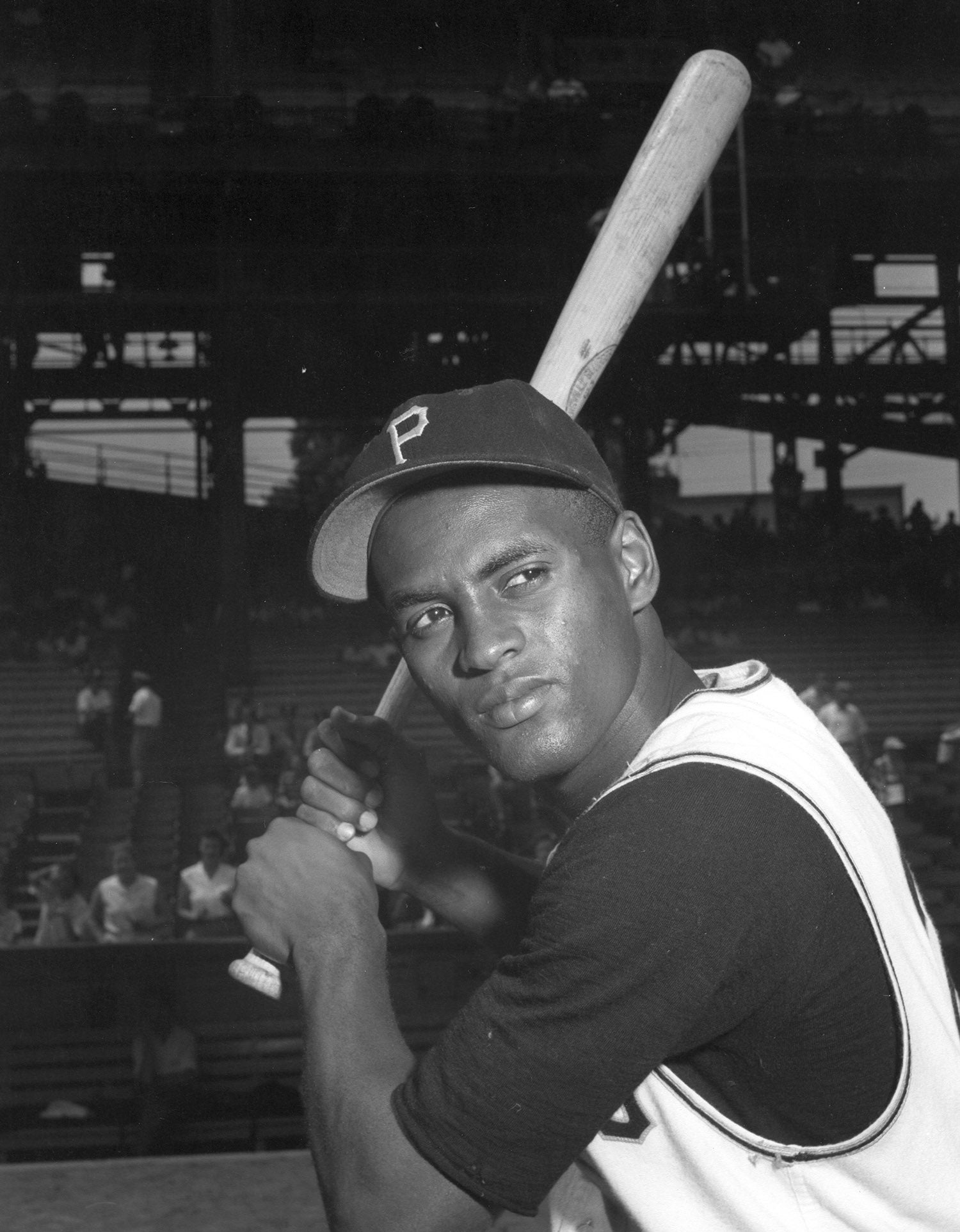
MLB broke new ground with 1963 Hispanic All-Star Game
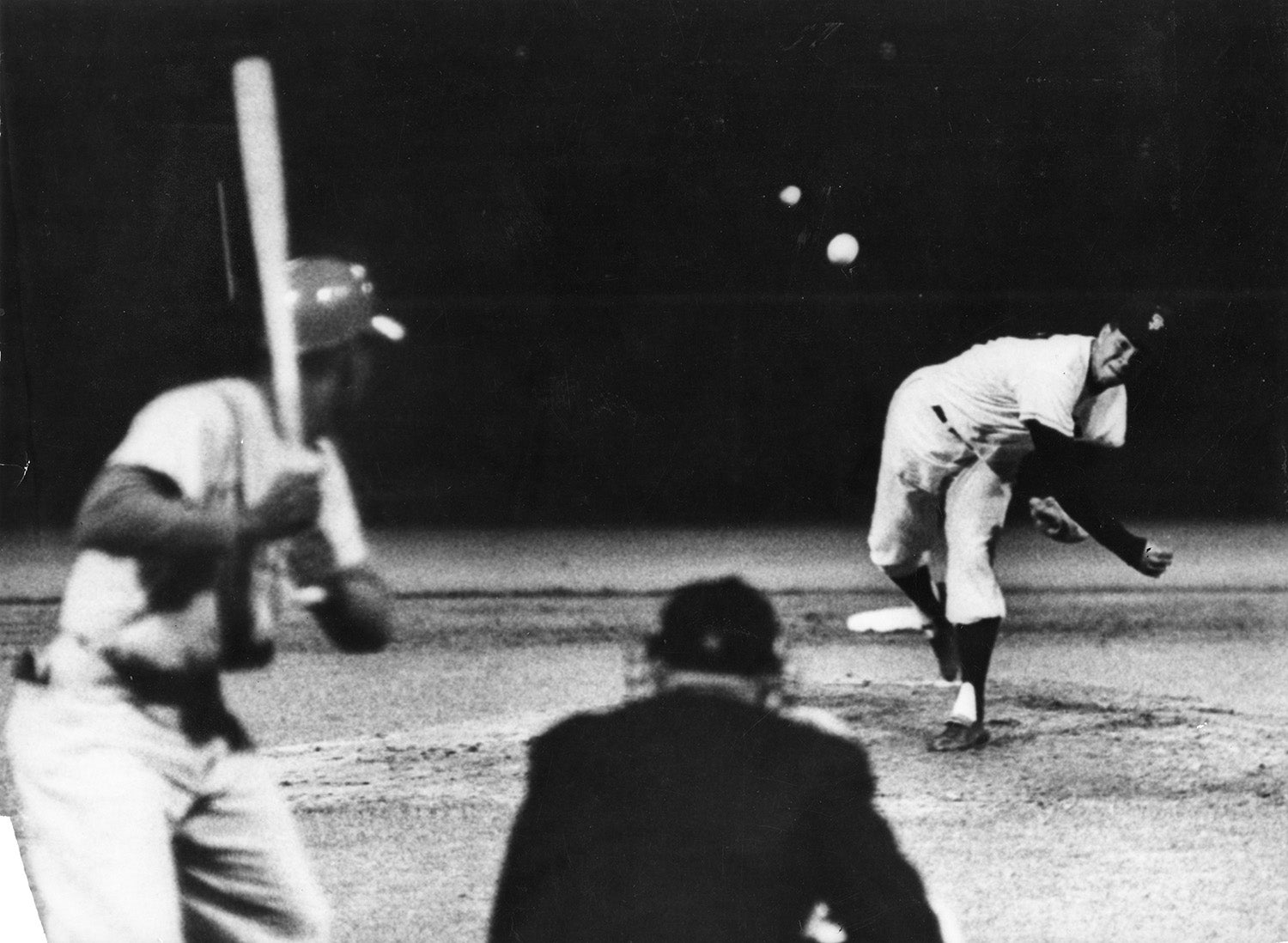
The Giants’ Juan Marichal picks up his 200th career win

MLB broke new ground with 1963 Hispanic All-Star Game


